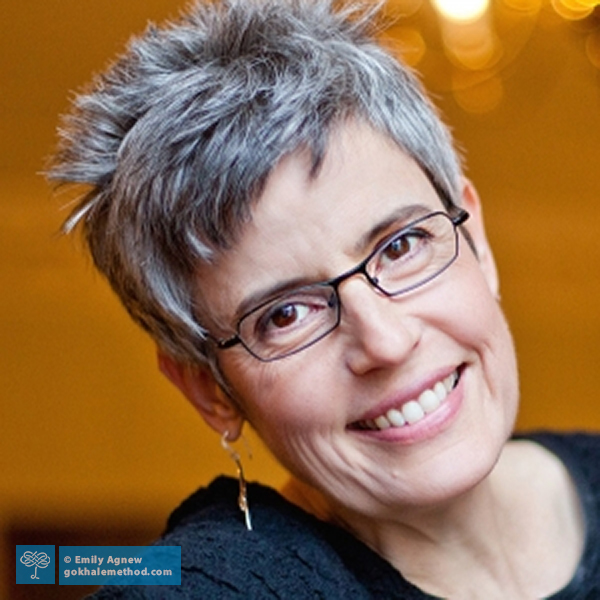I first attended a weekend Gokhale Foundations course in 2016, to address a painfully stiff neck. I loved it. I also found it intense. To incorporate all I was learning about body mechanics, I had to concentrate so hard that I'd emerge from class feeling like my brain had overheated. On top of that, I was rather sore in unexpected places, from using my muscles in new ways.

